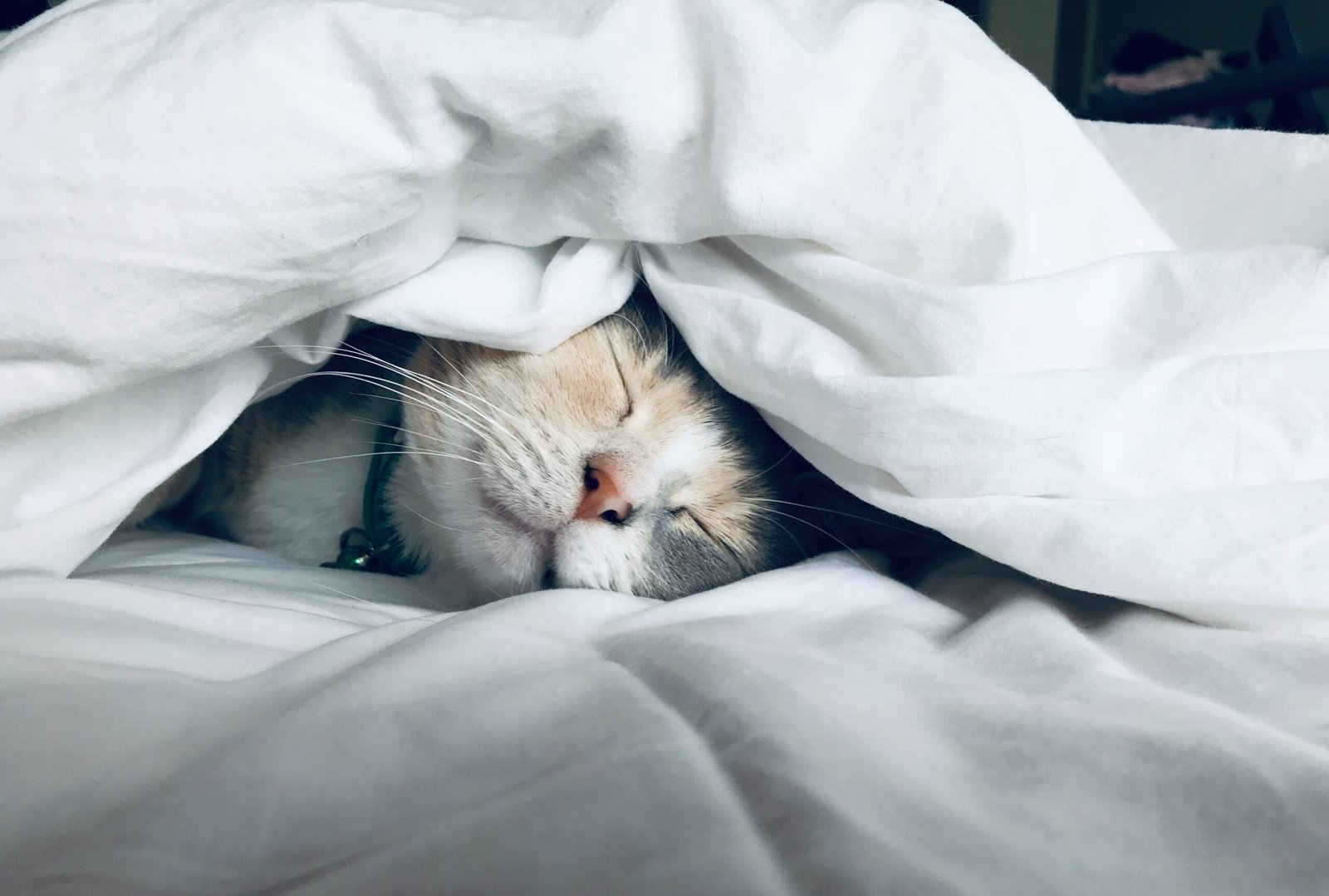Introduction
Sleep, an essential part of our daily lives, plays a crucial role in our overall well-being. Yet, many of us struggle to get the quality sleep we need. In this blog post, we will delve into the fascinating science of sleep, exploring the latest trends, research, and insights to help you understand and optimize your sleep patterns.
The Importance of Sleep
Sleep is not merely a period of rest; it is a complex physiological process that supports numerous vital functions in our bodies. During sleep, our brains consolidate memories, repair tissues, regulate hormones, and strengthen our immune system. Lack of sleep, on the other hand, can lead to a range of health issues, including increased risk of obesity, heart disease, and mental health disorders.
The Sleep-Wake Cycle
Our sleep-wake cycle is regulated by an internal body clock called the circadian rhythm. This internal clock responds to light and darkness, signaling our bodies when it’s time to sleep and wake up. Disruptions to this rhythm, such as irregular sleep schedules or exposure to artificial light at night, can negatively impact our sleep quality.
Understanding Sleep Stages
Sleep is divided into several stages, each serving a unique purpose. The two main types of sleep are rapid eye movement (REM) sleep and non-rapid eye movement (NREM) sleep. NREM sleep consists of three stages, with each stage deepening our sleep and promoting physical restoration. REM sleep, on the other hand, is associated with vivid dreams and cognitive restoration.
Optimizing Your Sleep Environment
Creating a sleep-friendly environment can significantly improve the quality of your sleep. Consider the following tips:
- Keep your bedroom cool, dark, and quiet to promote relaxation.
- Invest in a comfortable mattress and pillows that support your body.
- Avoid electronic devices before bed, as the blue light emitted can disrupt your circadian rhythm.
- Establish a consistent sleep schedule, going to bed and waking up at the same time each day.
The Role of Nutrition and Exercise
What we eat and how physically active we are can impact our sleep. Avoid heavy meals, caffeine, and alcohol close to bedtime, as they can interfere with sleep quality. On the other hand, regular exercise can promote better sleep by reducing stress and anxiety.
Latest Trends in Sleep Technology
Advancements in technology have brought about innovative solutions to enhance our sleep. From smart mattresses that adjust to your body’s needs to sleep-tracking devices that monitor your sleep patterns, these tools provide valuable insights to help you optimize your sleep habits.
Frequently Asked Questions
Q: How many hours of sleep do I need?
A: The recommended amount of sleep varies depending on age and individual needs. Most adults require 7-9 hours of sleep per night, while teenagers and children need more.
Q: What can I do if I have trouble falling asleep?
A: Establish a relaxing bedtime routine, limit caffeine intake, and create a comfortable sleep environment. If problems persist, consult a healthcare professional.
Q: Can napping during the day affect my nighttime sleep?
A: Short power naps can be beneficial, but long or late-afternoon naps may disrupt your nighttime sleep. It’s best to limit naps to 20-30 minutes.
Tips for a Restful Night’s Sleep
Here are some additional tips to improve your sleep quality:
- Practice relaxation techniques, such as deep breathing or meditation, before bed.
- Avoid stimulating activities, such as intense exercise or engaging in stimulating conversations, close to bedtime.
- Create a soothing bedtime routine, such as reading a book or taking a warm bath.
- Ensure your bedroom is free from distractions, such as noise or excessive light.
Conclusion
Understanding the science of sleep empowers us to make informed choices that promote restful nights and overall well-being. By optimizing our sleep environment, prioritizing consistent sleep schedules, and adopting healthy habits, we can unlock the secrets to a rejuvenating sleep experience. Take charge of your sleep today and reap the benefits of a well-rested mind and body.
Call to Action
Share this valuable information with your friends and family, and let’s all embark on a journey towards better sleep together. Together, we can achieve optimal health and well-being through the power of sleep.









